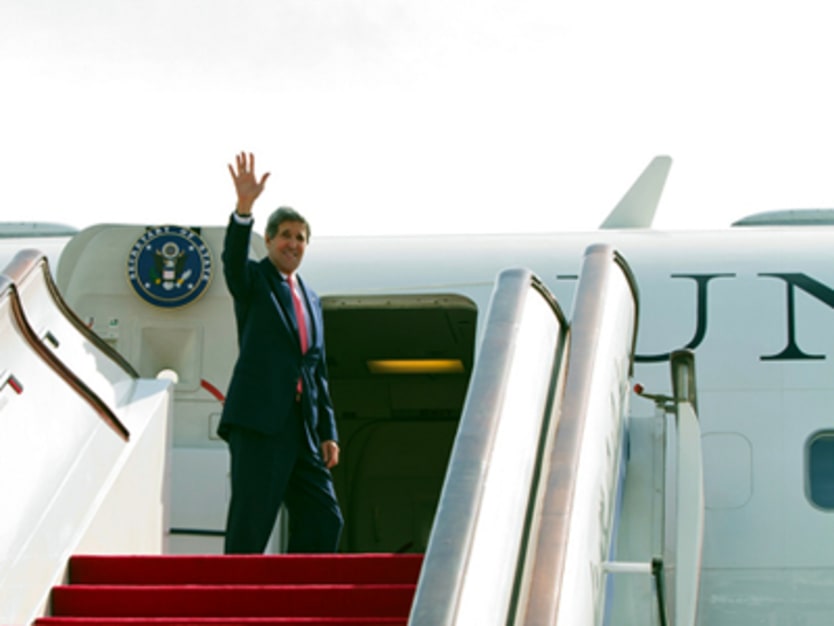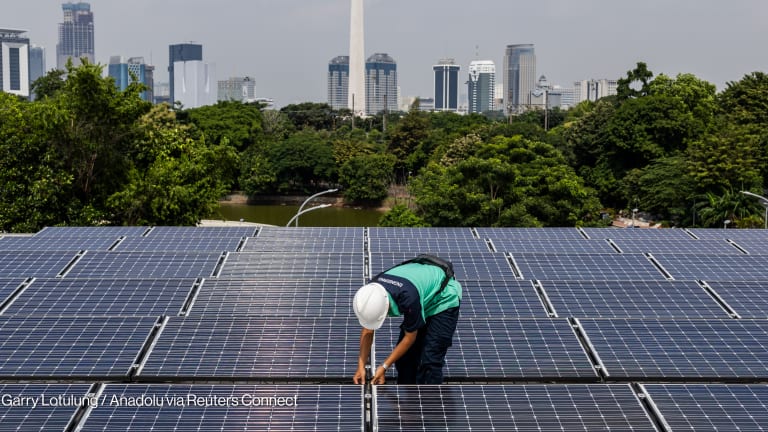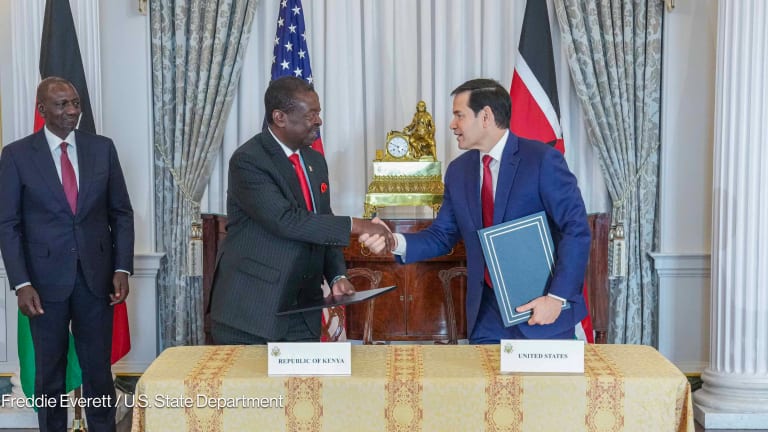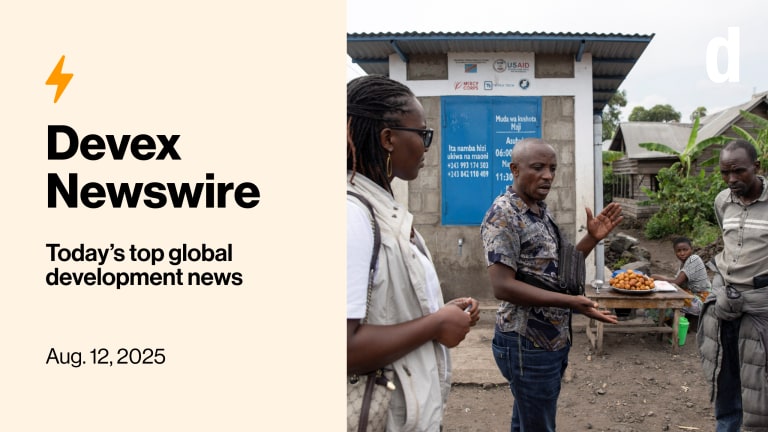
Clean energy investments, climate change and a public event to announce new jointly-funded development innovation projects are on the agenda for the “whole-of-government” trip that U.S. Secretary of State John Kerry will lead to India, Southeast Asia and the Middle East next week.
The U.S.-India Strategic Dialogue — the fourth of a series of annual bilateral summits initiated by Kerry’s predecessor Hillary Clinton in 2009 — marks the U.S. top diplomat’s first visit to India as Secretary of State, and underscores an expanding role for India in helping to achieve the U.S. government’s South and Central Asian regional development goals, highlighted under the Obama Administration’s “Pivot to Asia” and “New Silk Road” trade and development strategies.
Kerry’s trip, which also will include representatives from other U.S. government agencies, calls attention to the Administration’s focus on development, trade and defense partnerships with India, at a time when donors are rethinking their approach to this emerging economy, which has ramped up its own aid operations abroad as an emerging donor.
The United Kingdom’s Department for International Development, for instance, announced last year that it will “phase out” foreign aid to its rapidly developing former colony by 2015, as it argues that India is now an emerging economy where official development assistance is no longer needed.
The World Bank, on the other hand, has released its own India Country Partnership Strategy, the Washington, D.C.-based institution’s first country strategy to set specific goals on reducing poverty, in line with the bank’s loftier goal of ending extreme poverty by 2030.
The United States currently seems to want to continue its strong ties with India, including development cooperation. USAID’s Country Development Cooperation Strategy stresses the need for more partnerships for innovation and increasing the role of science and technology in development.
Assistant Secretary of State Bob Blake said on Wednesday that the Millennium Alliance — a partnership of the Federation of Indian Chambers of Commerce and Industry, USAID and India’s Technology Development Board — will likely announce the first round of selected projects to fund at a public event during the trip.
Check back for more coverage of U.S. aid to India in the coming days.
Read more on U.S. aid reform online, and subscribe to The Development Newswire to receive top international development headlines from the world’s leading donors, news sources and opinion leaders — emailed to you FREE every business day.








